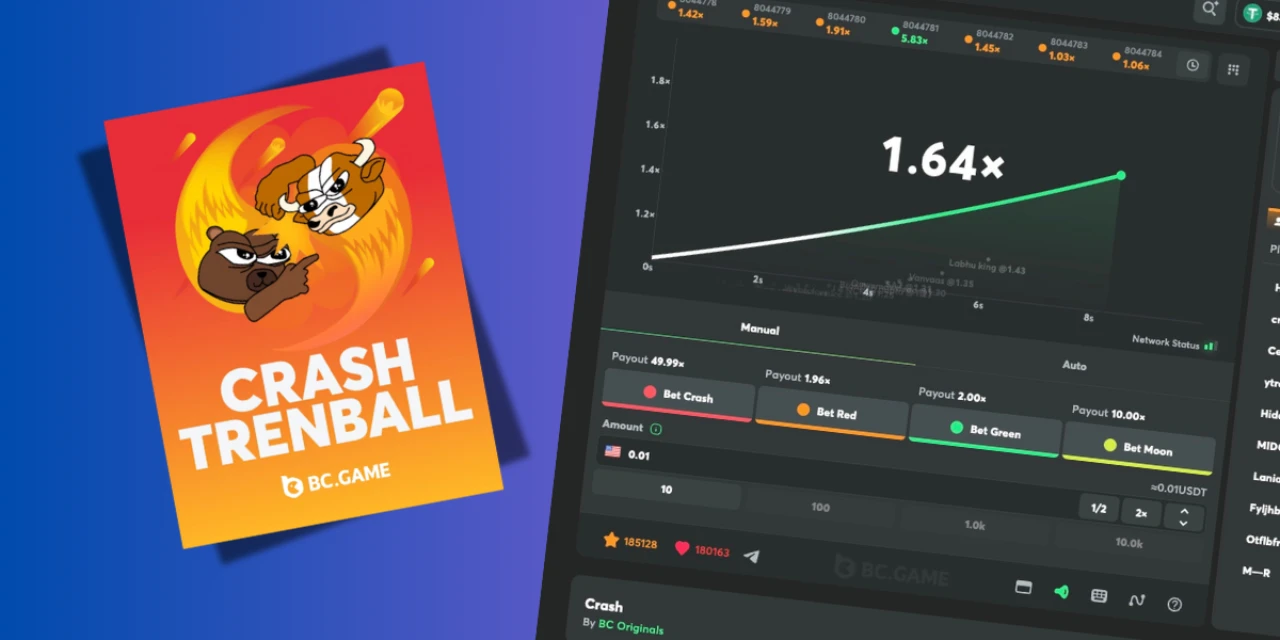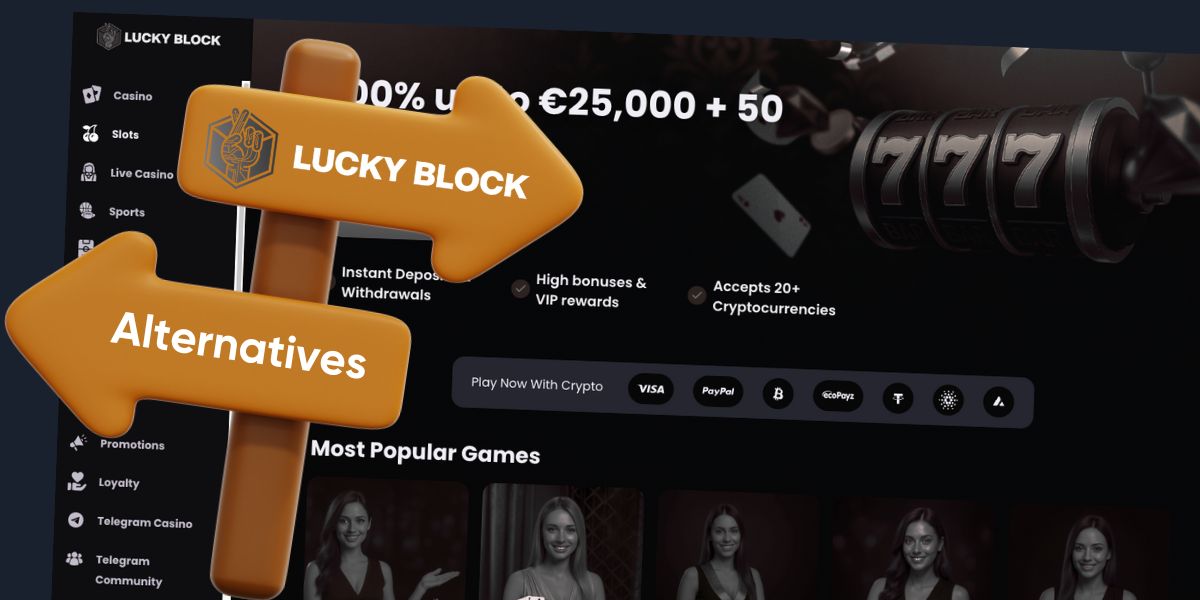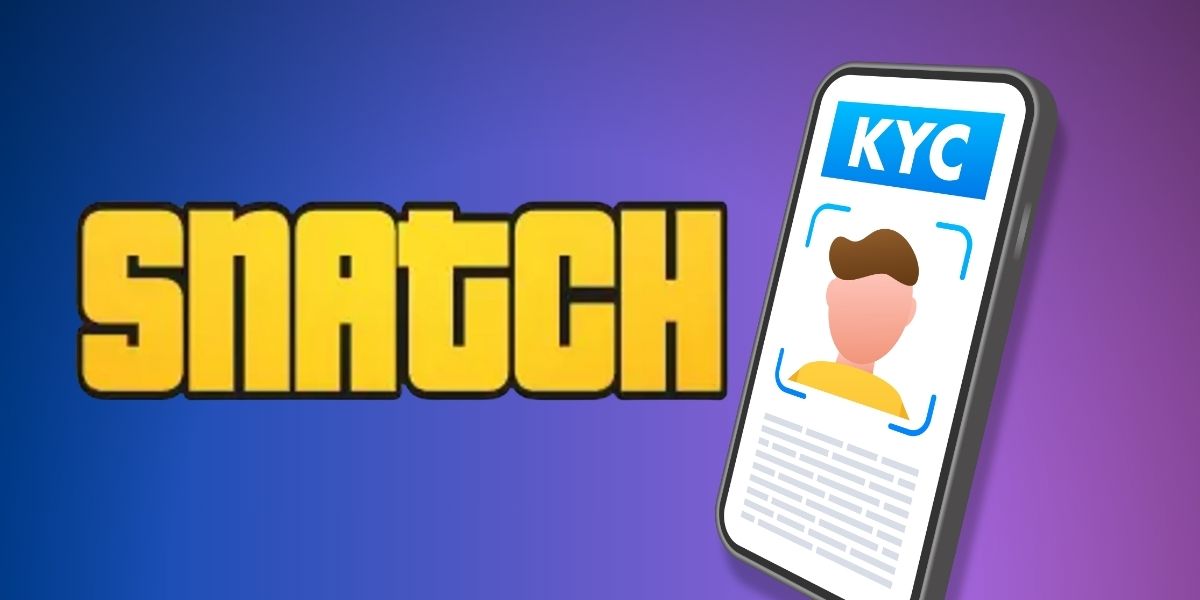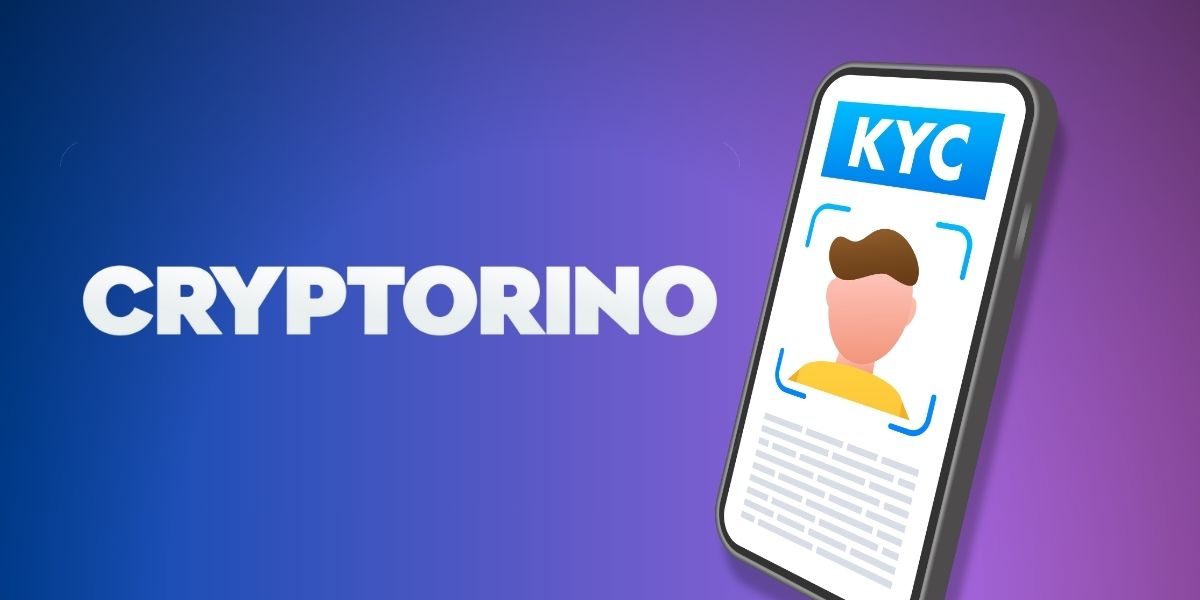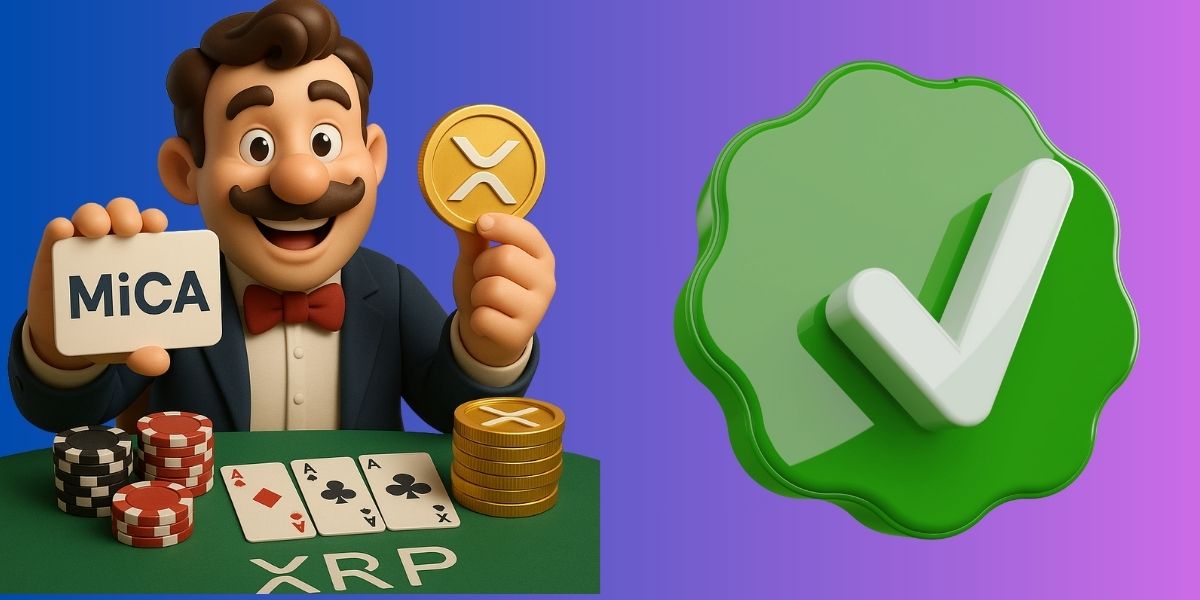
Ripple Moves Toward MiCA License: What It Means for XRP Casinos in Europe?
The regulatory tide in Europe is turning fast, and Ripple’s latest push for a MiCA license could be a game-changer for XRP casinos.
While stablecoins like USDT are getting squeezed out of the EU, Ripple is going all-in on compliance. So, what does this mean for crypto casinos and players?
Here’s a closer look at the story behind the headlines, and why you should care, whether you’re an operator, high-roller, or just XRP-curious.
🔑 Key Takeaways
- Ripple is seeking a MiCA license in Luxembourg, aiming to launch its RLUSD stablecoin across the EU.
- MiCA compliance could open the door for fully legal XRP and RLUSD gambling payments in Europe.
- USDT is being forced out of regulated markets, while USDC and soon RLUSD are taking center stage.
- Regulation brings stability but it also means stricter KYC, less privacy, and higher costs for casinos and players.
What Is MiCA and why It matters?
Europe’s Markets in Crypto-Assets Regulation (MiCA) became law on June 30, 2024, setting strict standards for crypto projects, stablecoins, and service providers.
For the first time, the EU has created a level playing field for digital assets across all member states.
Projects must now register with an EU financial authority and prove they can protect users’ money and data.
That means stricter rules for stablecoins (like holding reserves and regular audits) and tighter licensing for exchanges and custodians.
USDC already got the compliance seal in the EU, which is a breakthrough.
But that raises some eyebrows – why does Ripple (a non-stablecoin) want to pursue an EU license?
Ripple’s MiCA move: What’s happening?
Ripple is wasting no time jumping into the EU’s new regulatory playground.
In July 2025, the company set up Ripple Payments Europe S.A. in Luxembourg and officially announced plans to apply for a MiCA e-money license.
Their goal? To launch the RLUSD stablecoin and make it available everywhere in the EU, right out of the gate.
Luxembourg is already home to Circle’s MiCA-compliant USDC.
If Ripple succeeds, RLUSD could be integrated directly into EU-facing casinos, wallets, and payment processors, no more patchwork of risky workarounds.
And this will be a big move for EU-based casino players.
How this impacts XRP casinos?
Let’s be honest, XRP has always been in crypto’s “grey zone” at casinos. It’s fast, cheap, and rarely flagged, but it’s not always treated as a first-class payment option.
If Ripple becomes compliant, XRP casinos could see a massive rise in popularity.
MiCA-compliant status could give casinos the green light to promote XRP and RLUSD as default options, not just afterthoughts.
Players would benefit from speed and security, while operators can finally advertise XRP gaming without regulatory headaches.
But one question remains.
Can Ripple compete with Tether and USDC in gambling?
USDT has always ruled the roost for offshore casinos, but MiCA is basically locking it out of the European market unless it overhauls everything.
USDC, on the other hand, scored early wins by becoming the first MiCA-approved stablecoin in France.
Ripple is betting that RLUSD can leapfrog both. Built for compliance from the start, RLUSD could become the “safe” choice for EU-facing casinos.
And with Ripple’s deep banking ties, onboarding new casinos could happen quickly.
But here’s the thing: habits die hard. USDT and BTC still dominate gambling deposits worldwide, and it’ll take more than just regulation for players and casinos to switch.
What could go wrong?
Crypto regulation brings credibility, but it’s a double-edged sword.
MiCA coins can be frozen or blacklisted.
Players must go through strict KYC requirements, and anonymous play is mostly a thing of the past. For some, that’s a dealbreaker. For others, it’s a small price to pay for safety and reliability.
Casinos, too, face extra hoops – higher fees, more compliance checks, and the need to partner only with regulated liquidity providers. It’s a safer but smaller sandbox.
Final words
Ripple’s MiCA ambitions could be a big moment for legal crypto gambling in Europe.
If RLUSD gets approved, expect a gradual but real shift as more casinos integrate it and XRP into their payment systems.
You probably won’t see USDT disappear overnight, but the balance of power is changing.
If Ripple’s strategy works, it might become the blueprint for compliant crypto gambling across the EU, though anonymity could disappear.


